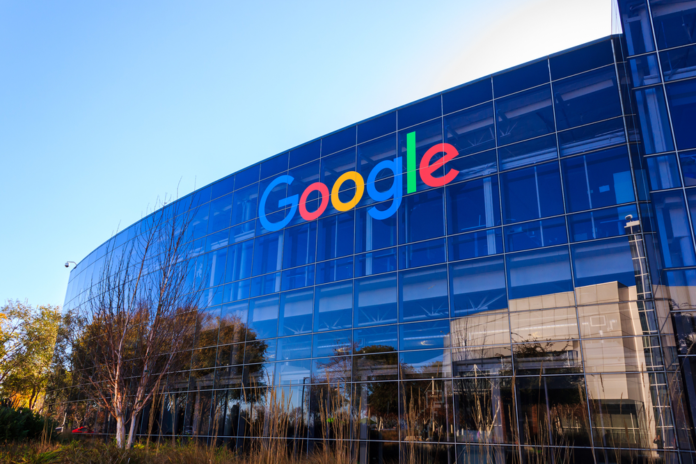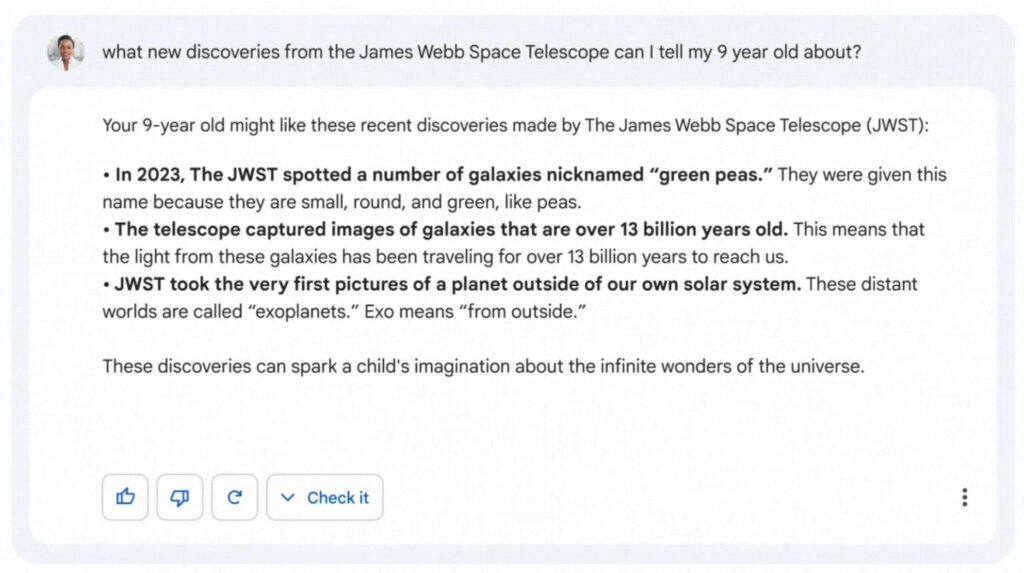In a bid to gain ground in the race to commercialize generative artificial intelligence technology, Google has launched its Bard chatbot to rival OpenAI’s ChatGPT. On Tuesday, the tech giant launched its first standalone consumer AI product, the chatbot. Bard, which provides answers to text-based questions, will be run separately from Google Search.
The company’s launch comes almost four months after OpenAI’s ChatGPT chatbot drew international attention, sparking a rush by tech giants to bring new language-based artificial intelligence to search engines. OpenAI unveiled its new language model, GPT-4, last week, which can be accessed via ChatGPT and Bing, Microsoft’s search engine. As an alternative to ChatGPT, Baidu has also released a Chinese-language chatbot, Ernie.
In recent weeks, generative AI has also been integrated into popular productivity applications, such as Google’s Workspace with Google Docs and Gmail, Microsoft’s Office 365, and popular apps such as Duolingo, allowing millions of people to interact with it. Users who sign up for its waitlist in the US and UK will have access on a first-come, first-served basis. Bard will generate answers only in English – not computer code or other languages.
A Google Research vice-president, Zoubin Ghahramani, said that they want to get feedback and gradually expand Bard’s availability. As a result, we want to be able to test it and learn from it before we roll it out very widely. Bard is powered by Google’s AI technology known as LaMDA, or Language Model for Dialogue Applications, which was trained on text data taken from the open internet. Additionally, it is based on Google Search results, which means it is less likely to contradict itself.





